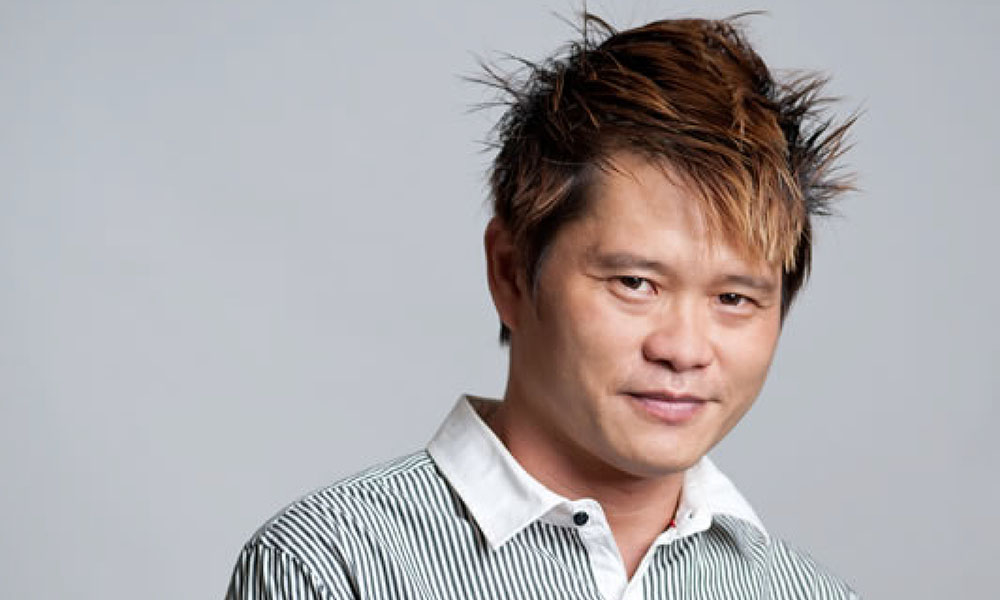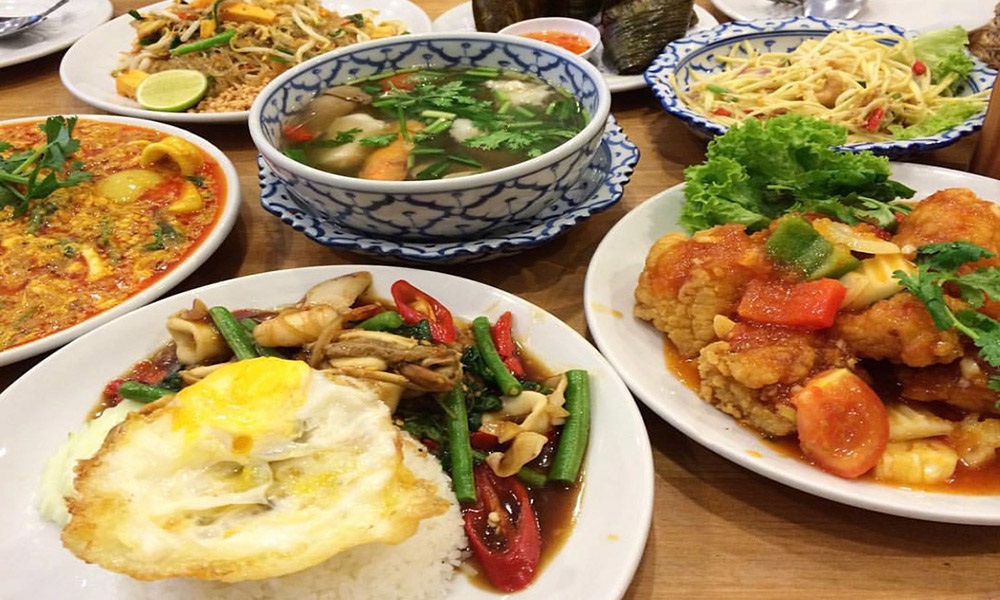By Jade Pearce
The Three Character Classic, or San Zi Jing (三字经), is the best known classic Chinese text for children. Written by Wang Yinglin (1223–1296) during the Song Dynasty, it has been memorised by generations of Chinese, both young and old.
周武王,始诛纣。八百载,最长久。
周辙东, 王纲堕。逞干戈, 尚游说。
始春秋, 终战国。五霸强,七雄出。
King Wu of the Zhou Dynasty finally slew Zhou Xin. His own line lasted for eight hundred years ó the longest dynasty of all.
When the Zhous made tracks eastwards, the feudal bond was slackened. Shields and spears were flaunted; wandering advisors were held in high esteem.
This period began with the Spring and Autumn Epoch, and ended with that of the Warring States. Next, the Five Chieftains domineered, and the Seven Martial States came to the front.
However, after the Cultural Revolution in China, the Three Character Classic was banned and eventually fell into disuse. In this series, we revive and review this great Chinese classic, drawing ancient lessons of wisdom for our modern-day lives.
The Zhou Dynasty carries the honorary title of China’s longest lasting dynasty, stretching nearly 800 years (1046-256 BC). Tellingly, no other dynasty that followed came close to achieving this feat – most of them lasted no more than 300 years, with the longest being the Song Dynasty at 309 years.
How did the Zhou Dynasty achieve its impressive longevity? Many ancient texts attribute it to the dynasty’s long line of virtuous rulers, beginning with the great King Wen of Zhou (周文王). But among the various virtues that the rulers possessed, one of the keys to success had to be open-mindedness.
The Zhou Dynasty is a success story of open-mindedness and flexibility, but its story begins with a lack thereof. The Zhou Dynasty rose from the shambles of ruinous governance by the Shang Dynasty’s last ruler — King Zhou, a tyrant who listened to no one but his concubine Daji.
The Close-Minded Tyrant
One of China’s most infamous tyrants, King Zhou (纣) was the last ruler of the Shang Dynasty (1600-1046 BC). His reign was marked by mind-blowing decadence and outright cruelty to his people, largely to please his equally infamous concubine Daji (妲己).
Many legends abound of this terrible period. King Zhou constructed a large pool filled with wine and trees bedecked with roasted meat on the palace grounds, so that he and his party could feast while drifting in boats on the pool. He and Daji also invented the gruesome “cannon burning punishment”, where prisoners were made to hug a red-hot metal cannon and burn slowly to death — a spectacle that King Zhou and Daji delighted in watching.
To fund his extravagant lifestyle, King Zhou implemented extremely heavy taxes. The people lived in fear and misery, losing all hope in the Shang Dynasty.
Unable to bear the injustice, three of King Zhou’s advisors tried to intervene. Weizi, who was also King Zhou’s brother, advised him several times to change, but his words fell on deaf ears. A disillusioned Weizi eventually went into self-exile. Zhou’s uncle Jizi also remonstrated him and feigned madness, and was subsequently thrown into prison. The third advisor, his uncle Bigan, received the worst punishment of the three – at Daji’s suggestion, the annoyed King Zhou cut Bigan’s heart out “to see what a sage’s heart looks like”.
Finally, King Wu (周武王) of the Zhou Dynasty led the other vassal states in a coup against the tyrant. As his empire collapsed, the recalcitrant King Zhou burned himself to death with his treasure hoard.
A Completely Different Ruler
After overthrowing the Shang Dynasty and establishing the Zhou Dynasty, the new King Wu turned out markedly different from King Zhou.
One of the first things King Wu did was honour the three advisors who had stood up to King Zhou, despite the fact that they were also King Zhou’s blood relatives.
He had Bigan’s grave cleaned and rebuilt, in honour of his courage and loyalty to his country. He released Jizi from prison, then he personally visited Jizi and asked for his advice on governance. He later made Jizi (箕子) ruler of Chaoxian (朝鲜) (located in today’s North Korea). When Weizi returned from exile seeking King Wu’s pardon, King Wu immediately restored Weizi to his original official position.
This broad-hearted, open-minded nature was typical of King Wu’s character. King Wu was well-known for being approachable and seeking advice from all avenues, and his example was cited in many ancient texts on governance.
In one instance, shortly after coming to power, King Wu had to decide what to do with the supporters of the old Shang Dynasty. He thus called a meeting with his advisors.
Jiang Ziya (姜子牙), his most trusted advisor, suggested executing them all. While this was a quick and easy solution, King Wu felt that it would further destabilise the current political situation.
His half-brother Duke Zhao suggested, “Execute the supporters who are guilty of crimes, and spare the innocent.” King Wu thought that this was a more feasible idea.
Then his brother Duke Zhou suggested, “Forgive them and pursue the matter no further. Provide the Shang supporters with peaceful living quarters and jobs. When treated with compassion, they will naturally gravitate to their new leader.”
After careful consideration, King Wu decided to take Duke Zhou’s advice. He treated the Shang supporters with compassion and leniency, eventually winning their loyalty and support.
A Flexible, Decentralised Governance
Learning from the mistakes of their Shang predecessors, the early Zhou rulers held themselves to strict moral principles while fulfilling the Heavenly Mandate of virtuous governance. They were viewed by the people as sage-kings, who governed the many vassal states in their kingdom.

Unlike subsequent dynasties where power was centralised, the vassal states were given significant liberty in managing their own political and military affairs. However, the states continued to pay allegiance to their king out of respect and trust.
This open-minded, feudal governance flourished from 1046-771 BC, a period known as the Western Zhou Dynasty. However, Zhou authority began to wane when King You (周幽王) showed the same signs of corruption that King Zhou of Shang had centuries earlier.
The Zhou Dynasty is a success story of open-mindedness and flexibility, but its story begins with a lack thereof.
King You devoted far more time to personal pleasures than to state affairs, turning a deaf ear to sound advice and suspecting loyal ministers of treason. The vassal states began to lose faith in their king, and when barbarian tribes attacked the Zhou capital, none of them came to the king’s aid. King You was killed, and the remaining Zhou royalty fled to the east, founding the Eastern Zhou Dynasty (770-256 BC).
Out of respect for the solid and virtuous governance of the early Zhou kings, the Zhou royal family continued to be honoured as China’s rightful sovereign for the next 500 years. But in truth, the feudal lords no longer respected Zhou authority. They fell to fighting amongst one another, in a time known as the Spring and Autumn and Warring States periods.
Out of respect for the solid and virtuous governance of the early Zhou kings, the Zhou royal family continued to be honoured as China’s rightful sovereign for the next 500 years.
But a new form of open-mindedness flourished during this tumultuous period. This was the time when the “Hundred Schools of Thought” were born. Great philosophers like Confucius (孔子), Laozi (老子), Mozi (墨子), and Han Feizi (韩非子) emerged and travelled the country, spreading their schools of thought and theories on governance.
Confucius preached a return to the early Zhou methods of governance, where rulers won the people’s submission through high moral principles and education, without the use of force. But Han Feizi, the founder of Chinese legalism, preached the opposite: enforcing the law with strict rules and punishment, and exercising power. Flexibility and open-mindedness were out of the question.
Legalism would define the rule of the next dynasty — the Qin Dynasty, which lasted only 15 years under the merciless and iron-fisted Qin Shihuang. It was a huge relief to the people when China switched to Confucian governance under the Han Dynasty.
“A wise and knowledgeable person takes advice kindly, and conduct follows virtue. A senseless and ignorant person rejects sincere advice; he regards the advice-giver as harbouring improper ambitions.” A person who blindly rejects advice and fails to improve himself is asking for trouble. This timeless piece of advice played out in the history of the Zhou Dynasty, and remains just as pertinent to our modern-day lives.
















